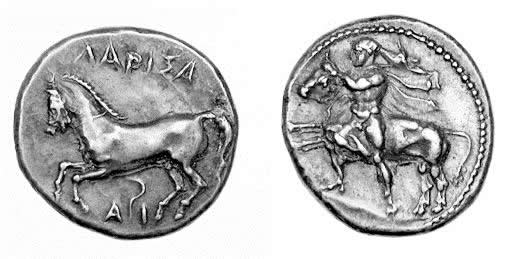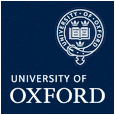Archaeology of Northern Greece

The archaeology of Northern Greece is moving ahead rapidly. The drastic increase in the exploration of northern Greece, Albania and FYROM in the last three decades, prompted by changes in political regimes, EU funded public/structural projects, or politically motivated agendas have resulted in a wealth of archaeological material that needs to be studied in a collaborative, comparative and interdisciplinary manner.

Ancient Thessaly, famous for its wealth and its cavalry, lies at the heart of modern Greece; it commanded the votes of the Delphic oracle and enabled the Macedonian King Philip II to take over the southern Greeks. Since the early 2000’s there has been an explosion of archaeological investigation throughout the region due to large-scale EU-funded public works, which has brought a huge and welcome flood of new archaeological data. Research on archival material has resulted in the re-discovery and re-contextualization of very important documentation of early 20th century excavations in Thessaly and the identification of major finds.
Epirus ‘the Mainland’ of the Odyssey, lies between modern Greece and Albania, and is crucial for any understanding of those historical processes which brought the Greek world in contact with the North and the West. From the coast of Epirus the Greek colonial adventure in the West was launched and from the same coast the Romans first crossed over in the Illyrian and Macedonian wars. The opening up of Albania to cooperation with researcher and institutions from abroad after the fall of the communist regime has changed completely the archaeology of Epirus. New sites have been plotted on the map, new links can be drawn with the written sources and the times are ready for re-writing a historical geography of the region.
Macedonia, stretching from Mt. Olympus (Greece) to Lake Ochrid (FYROM), has been at the forefront of archaeological debates in the last two decades. The discovery of the royal tombs at Aigai/Vergina (1977) led to an unprecedented intensification of archaeological research that literally changed the discipline of classical archaeology and sharpened our understanding of the Greek past in ways that were unthinkable forty years ago. The very rich archaeology of the region can now be studied and evaluated outside the restraints of modern nationalistic debates, and compared to the discoveries in Epirus and Thessaly.


